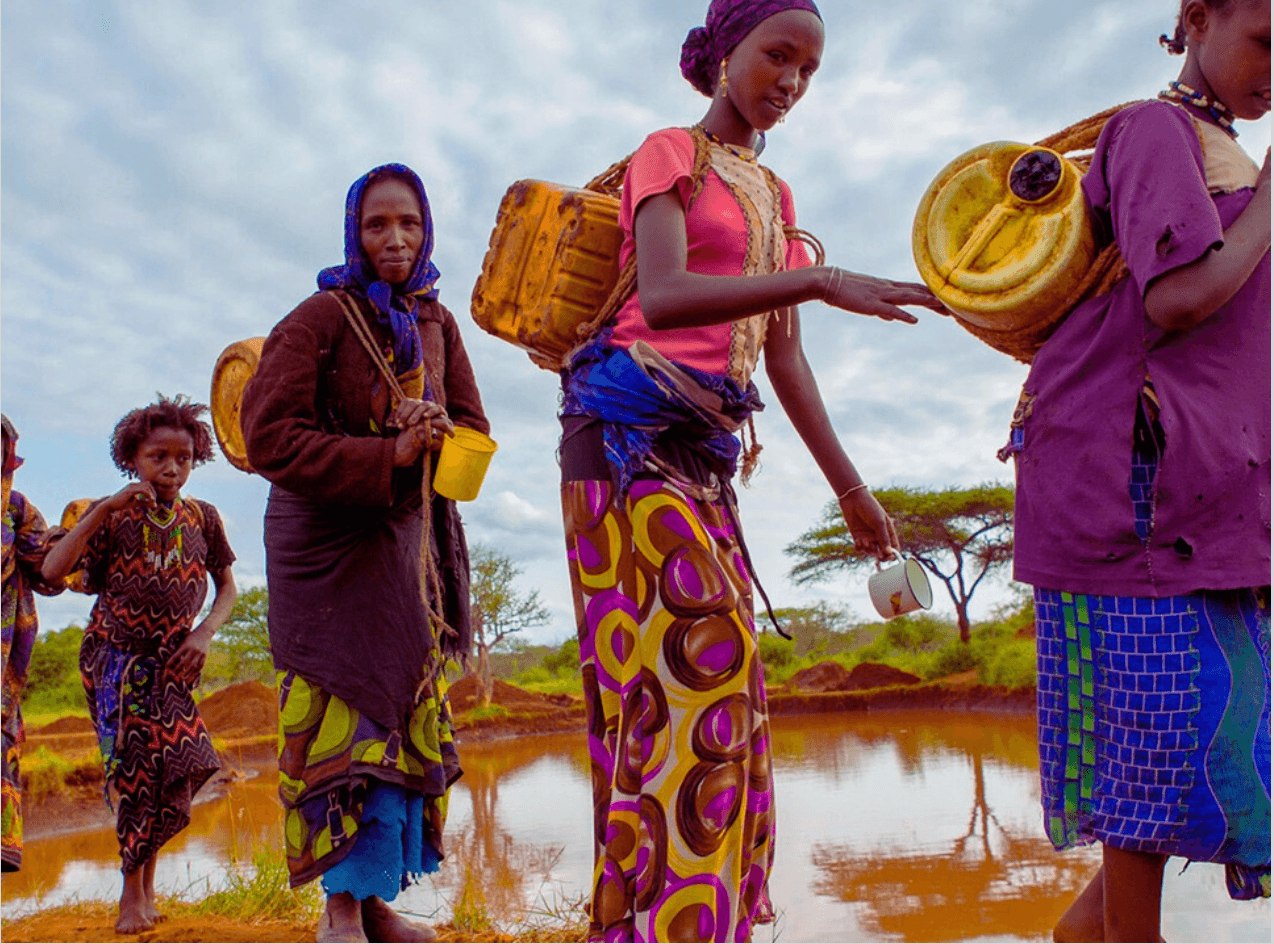Climate change is disproportionately impacting the most vulnerable populations in emerging and developing economies, mainly in the Global South. 750 million South Asians, for instance, have been affected by climate change-induced disasters in the past two decades. Similarly, an estimated 700 million people in Africa will be displaced due to water stress by 2030.
Global climate finance flows have almost doubled in the last decade, but reaching climate objectives will require climate investment to increase sevenfold by 2030. Emerging and developing countries need an estimated USD $1 trillion in the energy sector alone, and USD $140 billion to $300 billion annually for climate adaptation by 2030.
While calls for funding have been growing, there needs to be more focus on how these climate funds will be managed to ensure they are used to solve the problems of the most climate-vulnerable populations. There is growing recognition that top-down climate funding is both unjust and ineffective. Indeed, much of the climate finance discussion has focused on quantity of funding without adequate consideration of quality.
We must ensure climate funding is used transparently, accountably, and matched to local needs.
We must rapidly reach consensus around the idea of “green accountability” — to engage stakeholders, including local communities, civil society organizations, and affected populations in decisions about how climate finance is to be directed and used. Greater local ownership and oversight will strengthen the integrity of climate spending. The benefits for people and the planet are clear. New research suggests green accountability could save more than $100 billion a year and avoid annual carbon emissions of 5 gigatons; and that locally-led climate efforts enhance effectiveness and efficiency.
In this paper, we consider the roles that civil society can and must play in promoting accountability of climate finance. We outline the current state of play and consider actions that can be taken at multiple levels — from hyper-local to national to global, drawing on practical examples — and point to the need for more resourcing for civil society to be an effective partner in mitigating integrity risks.
This paper was presented at the 2nd Symposium on Supranational Responses to Corruption: Integrity in Climate Finance and Action hosted by the World Bank, the Grantham Research Institute on Climate and the Environment at London School of Economics, and partners in May 2024. World Bank publication of the full set of conference papers is pending.
